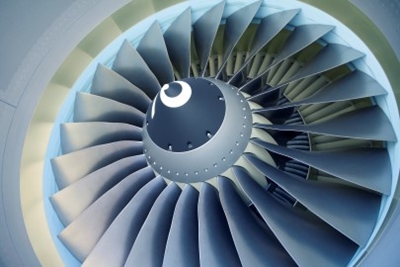News
New Honeywell's hydrocracking tech revolutionizes SAF
Source: Oil & Gas Middle East
2 minuten
Honeywell introduces a new hydrocracking technology to produce sustainable aviation fuel (SAF) from biomass, significantly reducing carbon emissions in aviation. The innovation promises to make SAF 90% less carbon intensive than traditional jet fuels, with increased production efficiency and reduced costs.

Oil & Gas Middle East reports that Honeywell's FT Unicracking technology stands out from other technologies primarily due to its efficiency in converting biomass into SAF. Unlike traditional hydro processing methods, FT Unicracking offers several advantages:
- Reduced Carbon Intensity: The technology promises to make SAF 90% less carbon intensive than traditional fossil-based jet fuels, contributing significantly to carbon emission reduction in aviation.
- Increased Production Efficiency: FT Unicracking enables the production of 3-5% more SAF compared to other methods, enhancing overall fuel output.
- Cost Savings: Honeywell's technology slashes costs by up to 20%, making SAF production more economically viable and accessible to industry players.
- Minimized Waste Streams: FT Unicracking minimizes by-product waste streams, ensuring a more environmentally friendly production process compared to conventional hydro processing methods.
- Broadened Feedstock Options: Honeywell's technology expands the industry's feedstock options, tapping into more abundant sources like crop leftovers, wood waste, and food scraps, thus reducing reliance on limited traditional sources such as vegetable oils and animal fats.


